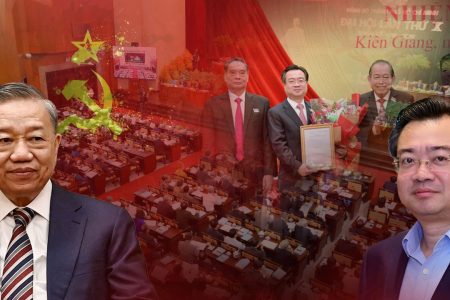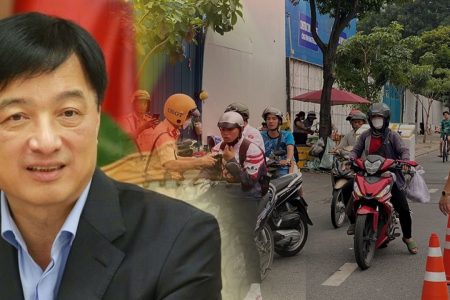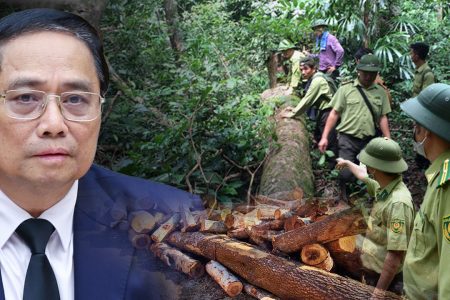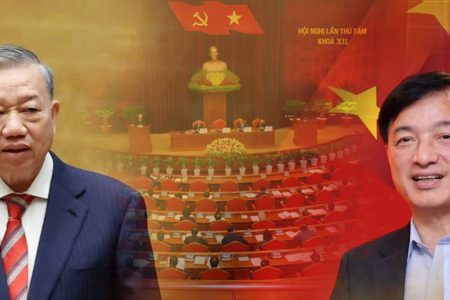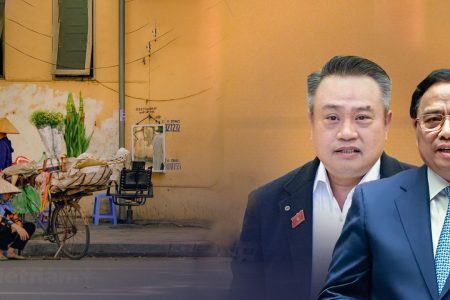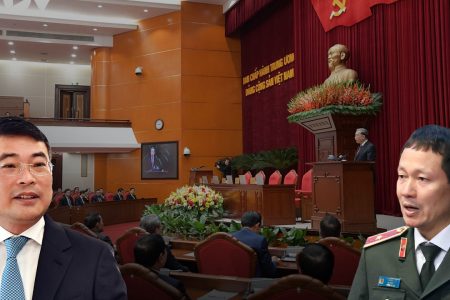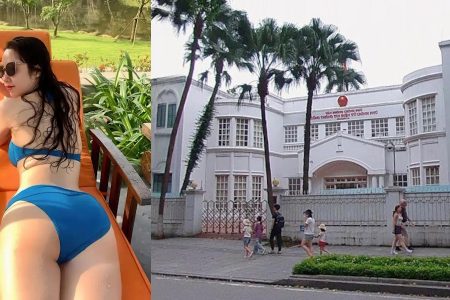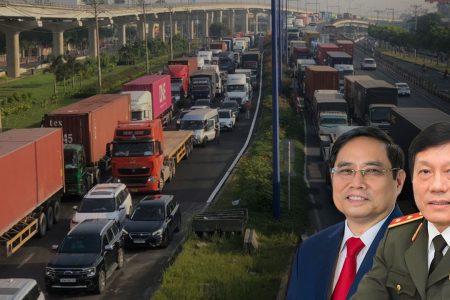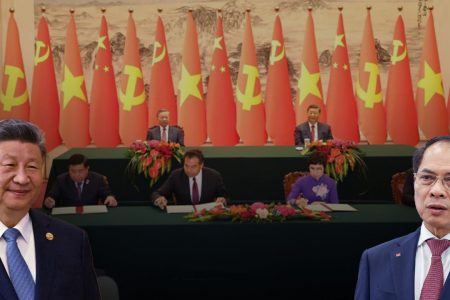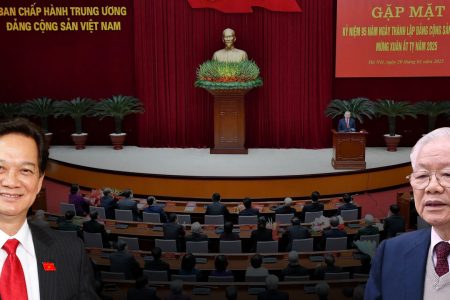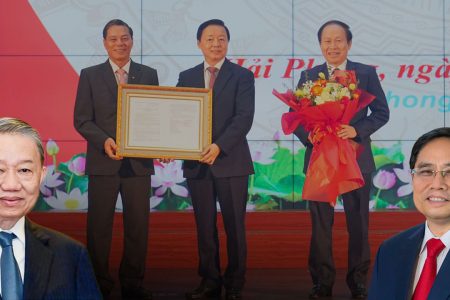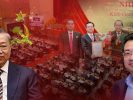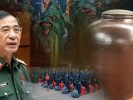
In recent years, corruption has spread so widely that it is out of control, but the recovery of corrupt assets is difficult because of the inadequacies of the system of legal documents.
The state-controlled media reported in April 2021 that the National Assembly’s Judicial Committee acknowledged the current limitations in dealing with corruption, as “the result of the recovery of misappropriated assets and losses in corruption cases and the economy is still low.
According to the media at that time, the total amount of money to be recovered in corruption cases was over VND72 trillion, but only about VND4 trillion was collected, which is less than 5%.
To resolve this situation, Director of the Supreme People’s Procuracy Le Minh Tri proposed that the National Assembly need to develop a Law on Property Registration. According to Mr. Le Minh Tri, currently Vietnam only controls assets within the Party and government system, but asset control in society is still vacant. Because most of the corrupt assets are held in someone else’s name, no one can touch them.
Assessing Mr. Le Minh Tri’s statement, experts say it is an evasive justification. The problem is, why did the Ministry of Justice, in 2020, release a draft to put corrupt asset recovery data into the top secret category (according to the provisions of Clause 14, Article 7 of the Law on Protection of State Secrets 2018) ?
This shows that there is a broad policy of covering up corrupt state officials.
Because, only officials are corrupt, and to be an official, you must be a member of the Communist Party. Therefore, if assets are made public, it will let the people know the truth about the serious corruption situation, and the people will lose trust in the Party. Therefore, it is best to put corrupt assets on the top secret list. The essence here is that the Party leaders do not want transparency.
This proves that the Communist Party of Vietnam is not truly anti-corruption, and even tolerates corruption.
In recent high-profile cases, such as the rescue flight case that went to trial; or the Viet A case about to be tried, the situation is similar. The Investigation Agency of the Ministry of Public Security intentionally distorted the amount of money received and given bribes by Viet A Company. Specifically, according to Phan Quoc Viet’s initial testimony, he spent VND800 billion to bribe officials, but the investigation conclusion was “shorted” to only VND106 billion. So, where did the difference of nearly VND700 billion go?
If the Ministry of Public Security intentionally hid it, how would people know? But who knows, what if this difference in money falls into the hands of the investigation agency? Even in cases where corrupt assets are returned to the state budget, but not made public, the people will not know. At that time, recovering corrupt assets was just a meaningless task.
According to experts, the issue of anti-corruption, or recovery of corrupt assets, must be done from the root. That means we must prevent the causes and seeds of corruption.
At the same time, the law must be strict, must be highly deterrent, and must be handled seriously, including applying the death penalty according to regulations. Corrupt people are forced to pay a very high price, then others will be scared and no longer dare to be corrupt.
To do so, we must eliminate the current one-party political system and management mechanism, because this is the environment that has been nurturing the seeds of corruption.
As a reminder, about a year ago, there was also an opinion presented to the National Assembly about the proposal to recover ill-gotten assets. But the majority of National Assembly deputies did not agree, because doing so would affect their own interests.
That is why, recently, the Government newspaper on October 11 said, “Asset recovery in corruption and economic cases reached more than VND20 trillion,” but most people still do not believe it. For this reason, the figure for recovering corrupt assets must be made public, transparent, regular and widely available. That is, the people must have the right and responsibility to control the activities of the state.
Thoibao.de (Translated)



